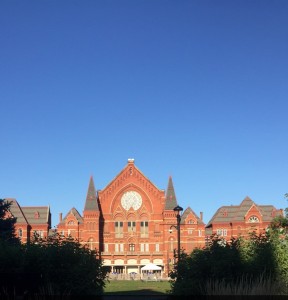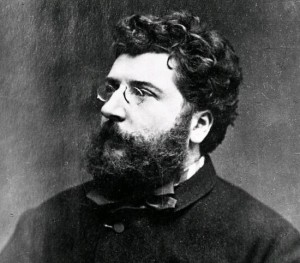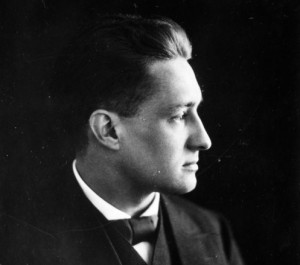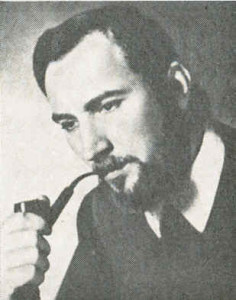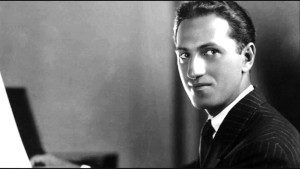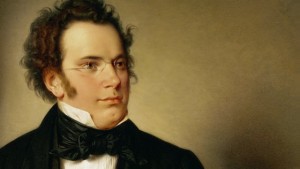
Champaign-Urbana / Bloomington-Normal. Why do both of these towns have two names? I couldn’t tell you the difference between them, and there was no discernible border. Hey Illinois college towns: pick a name! Of note: Babbitt’s Books in Normal, a favorite stomping ground of David Foster Wallace, and some electronic music landmark at U of I:
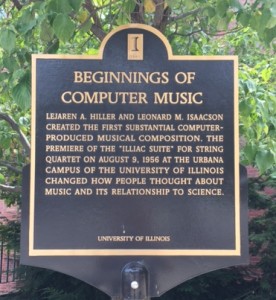
Madison, WI. Bigger than I expected. Found a decent cafe with a bang-up bran muffin!
Wisconsin Dells, WI. This has got to be the worst place on earth, because it has all the gawdy tourist junk of a beach town without the beach! I guess there’s something naturally beautiful in its environs, but this town is seriously depressing.
Rochester, MN. OK to pretty nice. Must suck in the winter. Single busiest Chipotle I’ve ever been to.
Sioux Falls, SD. This town was unexpectedly interesting. After driving through so many hundreds of miles of cornfields though, anything would be. A very ORGANIZED city, small, but with a spacious feel. There seems to be a large African/Asian immigrant population. I even saw a Russian grocery sign IN RUSSIAN. What kind of KGB spy shit is that?? There is a replica of Michelangelo’s David in a park because why wouldn’t there be?
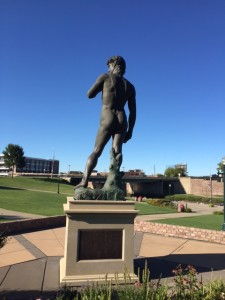
Vermillion, SD. Drove an hour out of my way for this one, and boy was it worth it. You see, the University of South Dakota is home to the National Music Museum, which I first learned of when Easley Blackwood whipped out some serpent pics during my orchestration class (I know how wrong that sounds…)

What an amazing collection – frankly, I prefer it to the Met’s and the Art Institute’s. Amatis galore, including the oldest surviving viola! The well-informed gentleman at the front desk gave me a thorough run-down of the collection. Vermillion is quaint and perfect, but the parking there is actually terrible!
Philosophical Rumination #1. It’s truly amazing how all this infrastructure – telephone poles, farming, roads – exists in the farthest interior of this enormous continent. A skyscraper is one thing, but literally hundreds of miles of planted fields is another. The music of Phillip Glass was excellent company during this portion of my ride; it paired so well with the miles of cornfields that it almost seemed like this is what the composer had in mind.
The Badlands. Driving through SD is very corny until you cross the Missouri river, at which point you cross over on to another planet. The badlands are totally rad. Great hike. Take the long way out along 44 – it’s totally worth it, and you’ll likely be the only other person on the road.
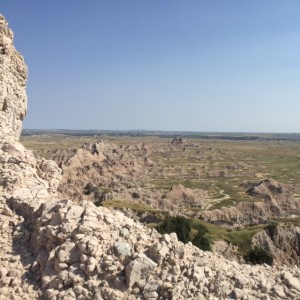
Rapid City, SD. An honest to god frontier town with an excellent pho restaurant and a piece of the Berlin Wall.
Mt. Rushmore. Have you ever stopped to think about how truly weird Mt. Rushmore is? I think we Americans take it for granted as this great national monument, but WTF?? Some rando Hungarian comes over and convinces the U.S. government that what we need is a 12-story high carving of four of our president’s ugly faces blasted into some mountain a million miles from nowhere? Um, OK?
As I stood there contemplating this, a young family came to the main plaza, and the little girl, about three years old, was LIVID, insisting that her father had told her that the presidents were going to talk. She was hella pissed, but she immediately lost interest and sat down on the ground and played with some dirt with her baby sister, to the point where the parents couldn’t even distract them to get a decent picture. This little vignette basically made my whole trip worthwhile.
Did I mention I’ve been checking into all of my hotels under the name Roger O. Thornhill?
A photo posted by willcwhite (@willcwhite) on
Philosophical Rumination #2. Driving this far to start a new life gives the whole relocation an extra weight. Air travel has a hint of magic to it – yes, the flights can be long, but you don’t psychologically interact with space and distance the way you do in a car; driving connects you to the earth. It gives you time to contemplate vastness, and in my particular case, to realize how far from home (where’s home at this point) I’m moving.
Crow Indian Reservation. This is where my trip started to get sad. You can’t see much in terms of town life from the highway, but what you can see is depressing. This really stuck with me.
Gillette, WY. Truly a frontier town (with a Starbucks.) If you want to see some of the most beautiful, rugged scenery our country has to offer, drive through this part of Wyoming (and Montana); you’ll simultaneously get to see it being despoiled. I’ve never seen train cars in such proliferation, all filled to the brim with coal. Oil rigs in the fields. Cows. Listening to lonesome cowboy ballads (read: Lyle Lovett). Other than that, just digging the silence.
Billings, MT. I imagine this is what Ulaanbaatar is probably like.
Bozeman, MT. Well folks, shit gets real once you hit the Rockies. I thought the rest of my trip was just gonna be sad, but honey Bozeman is chichiCHI! Very happening college/resort town with rich people stuff including a stupendously overpriced gourmet market I went to for dinner.
Missoula, MT. From this point on, the trip got depressing again, because the entire Rockies were bathed in a smoky haze from the profusion of wildfires burning nearby. I did stop in Missoula, a surprisingly large city, for a vegetarian “pasty” which is apparently miner food, and was pretty decent.
Coeur d’Alene, ID. This is like a straight people-er version of Bozeman, and would be a decent, if slightly lame resort town were it not shrouded in carbon dioxide.
Spokane, WA. Once again, I’m totally blown away by how big these western cities are. Is Spokane bigger than Cincinnati? No, but it feels like it is, and surprisingly it seems like downtown is really the most vibrant area, but not in a re-vitalized, re-gentrified way, more just like, in the old-fashioned way.
Ritzville, WA. Drought.
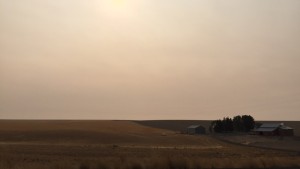
Portland, OR. The drive west through Oregon becomes really beautiful as you get into the Columbia river gorge. Then the traffic gets terrible, but that’s just Portland. I’m so happy to be here, but honestly, you do get used to staying at a Hampton Inn. (Speaking of which, guess who straight-up turned Silver Elite status on this trip? This bitch.)
Alright PDX, let’s do this.

